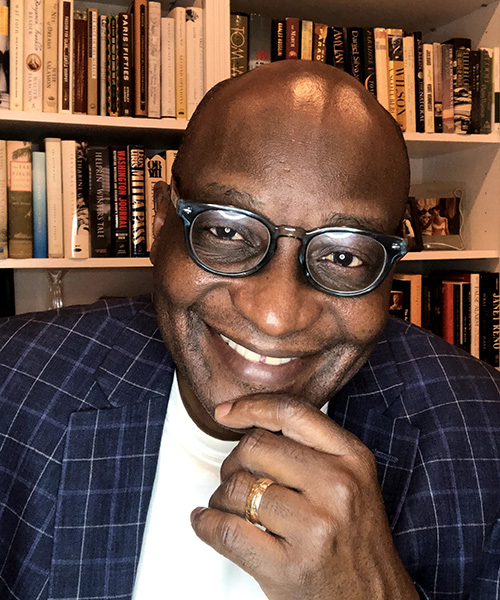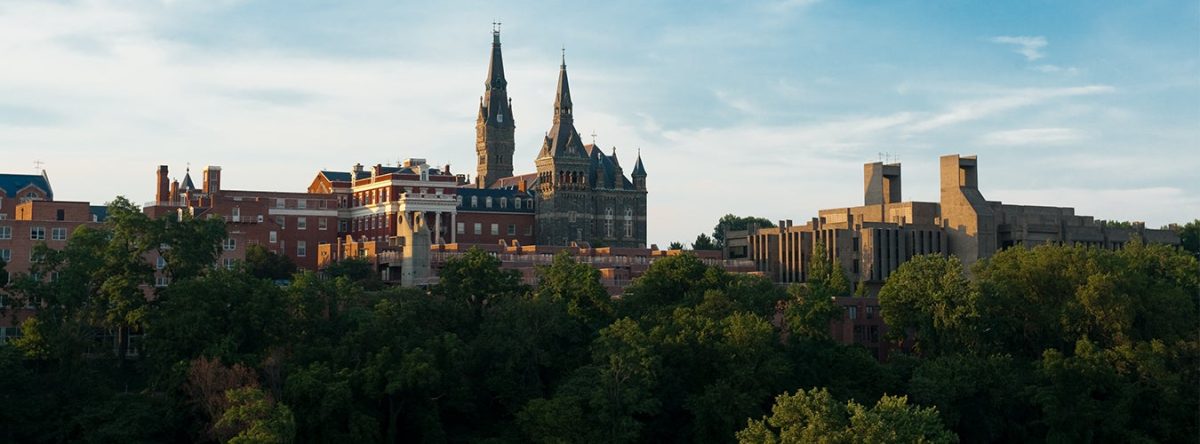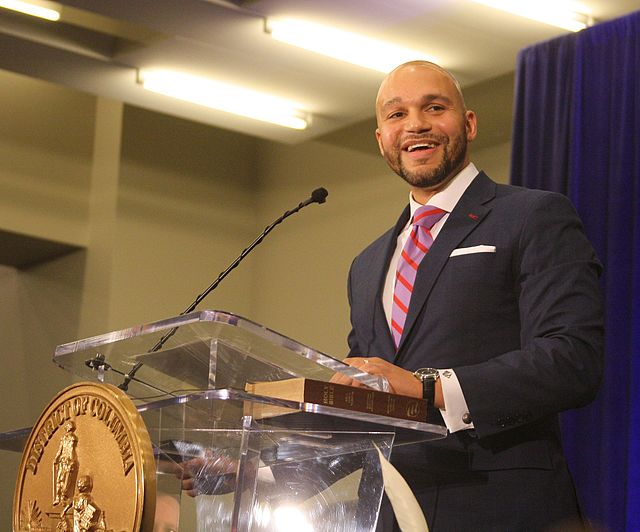Georgetown University’s department of computer science will establish an endowed chair position dedicated to artificial intelligence (AI) research and teaching, the university announced Sept. 8.
A $13.7 million gift from Robert Bertrand (CAS ’62) and Allison Bertrand — one of the largest-ever donations to the computer science department — will fund the Robert W. Bertrand Endowed Chair in Computer Science. The position, which the College of Arts & Sciences plans to launch in Fall 2026, is expected to accelerate the university’s work at the intersection of technology and ethics.
Lisa Singh, chair of the computer science department, said the gift signals Georgetown’s long-term commitment to understanding how AI can benefit society.
“This endowed chair is a commitment that the Computer Science department will work to advance AI and will think deeply about how students and society more broadly use AI to improve their lives, not detract from it,” Singh wrote to The Hoya.

Bertrand said his donation aims to prepare Georgetown students for a future with AI.
“It is impossible to know how much AI will impact our lives going forward, but we do know it will be very significant,” Bertrand said in a university press release. “I firmly believe graduates need to understand AI’s role in every aspect of society — including business, military, health care and government — and be prepared to deal with it.”
William Moles (CAS ’27), who is majoring in computer science, said he thinks the new chair position advances the university’s focus on AI.
“The computer science department directing more of its resources towards AI with this new position could be great for both students and the program,” Moles wrote to The Hoya. “Given our prominent public policy school and the potential of our Computer Science, Ethics and Society major, Georgetown has a unique opportunity to lead conversations about ethical AI policy while producing graduates with a breadth of knowledge on AI and its practical applications who will be prepared to enter a field with an uncertain future.”
“Giving more focus to the links between computer science and other disciplines, like business and health care, by the way of AI would do a lot to enhance the liberal arts experience that’s already so central to the computer science program,” Moles added.
Singh said recent AI developments have underscored its promise and risks.
“While AI is not a new field, recent advancements in generative AI have highlighted some of the harms of tools developed using these technologies,” Singh wrote. “This chair will not only advance research in AI from a computer science perspective, but we hope that we will find someone who also thinks interdisciplinarily and cross-disciplinarily to develop AI tools to improve people’s lives.”
Maya Taylor (CAS ’27), also a computer science major, said advances in AI are already reshaping the day-to-day work of software engineers.
“I think recent advancements in AI will change the computer science job industry overall,” Taylor wrote to The Hoya. “Many software engineers can use AI to assist in coding by writing portions of code that previously might have taken hours.”
Moles said AI can become a tool to aid individuals in their work and help them develop ideas.
“AI has proven incredibly helpful as a tool to make work more efficient in plenty of fields, namely computer science, but there will always have to be people to utilize that tool and put in the big-picture thinking and creativity necessary to actually get work done,” Moles wrote.
Taylor said she believes the computer science department putting more research into AI will better prepare students for life after graduation.
“I think it will prepare computer science students for challenges they will begin to face in the real world,” Taylor wrote. “By incorporating AI-focused courses and projects, Georgetown can hopefully allow students to stay relevant in such a rapidly changing industry.”













